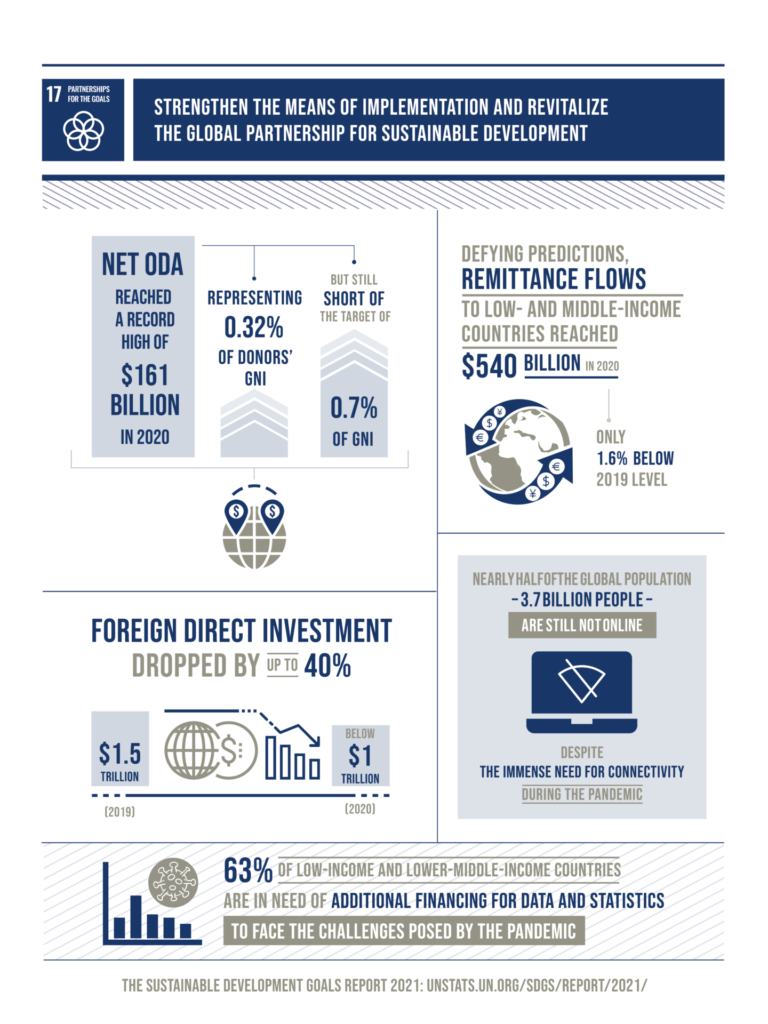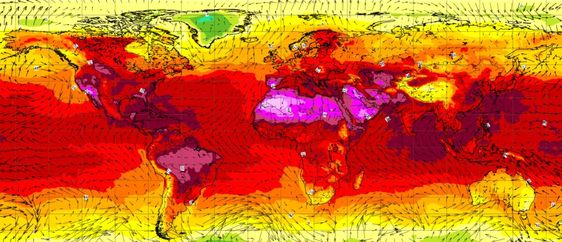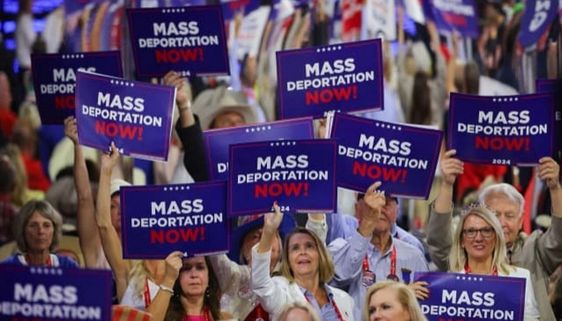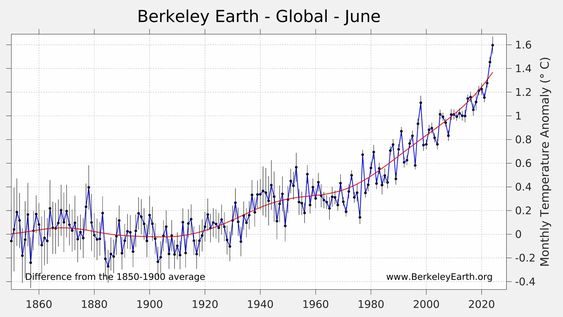

United Nations Global Goals for Sustainable Development
Strengthen the means of implementation and revitalize the global partnership for sustainable development
The SDGs can only be realized with strong global partnerships and cooperation.
The Goal has 17 targets to be achieved by 2030, broken down into five categories: finance, technology, capacity building, trade, and systemic issues. Progress towards targets will be measured by 25 indicators.[2][3]
SDG 17 refers to the need for cross-sector and cross-country collaboration in pursuit of all the goals by the year 2030. It is a call for countries to align policies. SDG 17 is a vision for improved and more equitable trade, as well as coordinated investment initiatives to promote sustainable development across borders. It is about strengthening and streamlining cooperation between nation-states, both developed and developing, using the SDGs as a shared framework and a shared vision for defining that collaborative way forward.[2] It seeks to promote international trade and help developing countries increase their exports to ensure a universal rules-based and equitable trading system that is fair, open, and beneficial to all.[4]
A successful development agenda requires inclusive partnerships — at the global, regional, national, and local levels — built upon principles and values, and upon a shared vision and shared goals placing people and the planet at the center.
Many countries require Official Development Assistance to encourage growth and trade. Yet, aid levels are falling and donor countries have not lived up to their pledge to ramp up development finance.
Due to the COVID-19 pandemic, the global economy is projected to contract sharply, by 3 percent, in 2020, experiencing its worst recession since the Great Depression.
Strong international cooperation is needed now more than ever to ensure that countries have the means to recover from the pandemic, build back better and achieve the Sustainable Development Goals.
COVID-19 response
No country can overcome this pandemic alone. Global solidarity is not only a moral imperative, it is in everyone’s interests.
The UN Secretary-General issued a series of policy briefs that lay out a vision for how the international community can deliver an effective, coordinated response to COVID-19, ensuring we keep the most vulnerable populations front and center. The policy briefs bring together analysis from across the UN system and provide Member States with concrete ideas for how to address the consequences and even seize opportunities in the midst of the crisis.
A high-level event convened by Canada, Jamaica, and the United Nations on 28 May brought together governments and international organizations to sharpen and accelerate our global response to the significant economic and human impacts of COVID-19 and advance concrete solutions to the development emergency.
Most developing countries do not have sufficient domestic resources and fiscal space to fund adequate COVID-19 response and recovery measures. International cooperation and external finance are crucial.
Particularly alarming is the prospect of a new debt crisis, compounded by tumbling prices for oil and other key commodities, heavily impacting Least Developed Countries that were already at high risk of debt distress. The UN is calling for Special Drawing Rights, targeted debt relief, and an extension of the debt moratorium to all developing countries.
The 2020 Financing for Sustainable Development Report outlines measures to address the impact of the unfolding global recession and financial turmoil, especially in the world’s poorest countries, based on joint research and analysis by more than 60 UN agencies and international institutions.
To support efforts in low- and middle-income countries, the UN Secretary-General launched a UN Response and Recovery Trust Fund.
In addition, the UN set out a Global Humanitarian Response Plan to assist the most vulnerable populations, including refugees and internally displaced persons.
And the World Health Organization (WHO), the UN Foundation, and partners launched a first-of-its-kind Solidarity Response Fund to allow corporations and individuals to directly contribute to WHO’s COVID-19 response.
To address issues of open and timely access to critical data needed by governments and all sectors of society to respond to the global COVID-19 crisis, this UN portal provides a space for the global statistical community to share guidance, actions, tools, and best practices to ensure the operational continuity of data programs by National Statistical Offices.
To combat the growing scourge of COVID-19 misinformation, the UN launched Verified, an initiative to increase the volume and reach of trusted, accurate information on three themes: science (to save lives), solidarity (to promote local and global cooperation), and solutions (to advocate for support to impacted populations).
Facts and Figures
- Net Official Development Assistance flows by member countries of the Development Assistance Committee (DAC) of the Organization for Economic Cooperation and Development totaled $147.4 billion in 2019.
- 79 percent of imports from developing countries enter developed countries duty-free
- The debt burden on developing countries remains stable at about 3 per cent of export revenue
- Trade, foreign direct investment and remittances all projected to decline by up to 40 percent in 2020.
- Almost half of the world’s population is not connected to the internet, particularly in poor countries.
Goal 17 Targets
Finance
17.1 Strengthen domestic resource mobilization, including through international support to developing countries, to improve domestic capacity for tax and other revenue collection
17.2 Developed countries to implement fully their official development assistance commitments, including the commitment by many developed countries to achieve the target of 0.7 percent of ODA/GNI to developing countries and 0.15 to 0.20 percent of ODA/GNI to least developed countries ODA providers are encouraged to consider setting a target to provide at least 0.20 percent of ODA/GNI to least developed countries
17.3 Mobilize additional financial resources for developing countries from multiple sources
17.4 Assist developing countries in attaining long-term debt sustainability through coordinated policies aimed at fostering debt financing, debt relief, and debt restructuring, as appropriate, and address the external debt of highly indebted poor countries to reduce debt distress
17.5 Adopt and implement investment promotion regimes for least developed countries
Technology
17.6 Enhance North-South, South-South and triangular regional and international cooperation on and access to science, technology, and innovation and enhance knowledge sharing on mutually agreed terms, including through improved coordination among existing mechanisms, in particular at the United Nations level, and through a global technology facilitation mechanism
17.7 Promote the development, transfer, dissemination, and diffusion of environmentally sound technologies to developing countries on favorable terms, including on concessional and preferential terms, as mutually agreed
17.8 Fully operationalize the technology bank and science, technology, and innovation capacity-building mechanism for least developed countries by 2017 and enhance the use of enabling technology, in particular information and communications technology
Capacity building
17.9 Enhance international support for implementing effective and targeted capacity-building in developing countries to support national plans to implement all the sustainable development goals, including through North-South, South-South, and triangular cooperation
Trade
17.10 Promote a universal, rules-based, open, non-discriminatory, and equitable multilateral trading system under the World Trade Organization, including through the conclusion of negotiations under its Doha Development Agenda
17.11 Significantly increase the exports of developing countries, in particular with a view to doubling the least developed countries’ share of global exports by 2020
17.12 Realize timely implementation of duty-free and quota-free market access on a lasting basis for all least developed countries, consistent with World Trade Organization decisions, including by ensuring that preferential rules of origin applicable to imports from least developed countries are transparent and simple, and contribute to facilitating market access
Systemic issues
Policy and institutional coherence
17.13 Enhance global macroeconomic stability, including through policy coordination and policy coherence
17.14 Enhance policy coherence for sustainable development
17.15 Respect each country’s policy space and leadership to establish and implement policies for poverty eradication and sustainable development
Multi-stakeholder partnerships
17.16 Enhance the global partnership for sustainable development, complemented by multi-stakeholder partnerships that mobilize and share knowledge, expertise, technology, and financial resources, to support the achievement of the sustainable development goals in all countries, in particular developing countries
17.17 Encourage and promote effective public, public-private, and civil society partnerships, building on the experience and resourcing strategies of partnerships
Data, monitoring, and accountability
17.18 By 2020, enhance capacity-building support to developing countries, including for least developed countries and small island developing States, to increase significantly the availability of high-quality, timely, and reliable data disaggregated by income, gender, age, race, ethnicity, migratory status, disability, geographic location and other characteristics relevant in national contexts
17.19 By 2030, build on existing initiatives to develop measurements of progress on sustainable development that complement the gross domestic product and support statistical capacity-building in developing countries.
Links
UN partners on sustainable development
United Nations Development Programme
UN Department of Economic & Social Affairs
Food & Agriculture Organization
International Fund for Agricultural Development
International Labour Organization
International Telecommunications Union
Joint UN Programme on HIV/AIDS
UN Conference on Trade and Development
UN Educational, Scientific and Cultural Organization
UN Industrial Development Organization
Office of the High Commissioner for Human Rights
UN Relief and Works Agency for Palestine Refugees in the Near East
World Meteorological Organization
UN Office on Sport for Development and Peace
Regional Commissions
Regional Commissions New York Office
Economic Commission for Africa
Economic Commission for Europe
Economic Commission for Latin America & the Caribbean
Economic and Social Commission for Asia & the Pacific
Economic and Social Commission for Western Asia







Comments are closed.